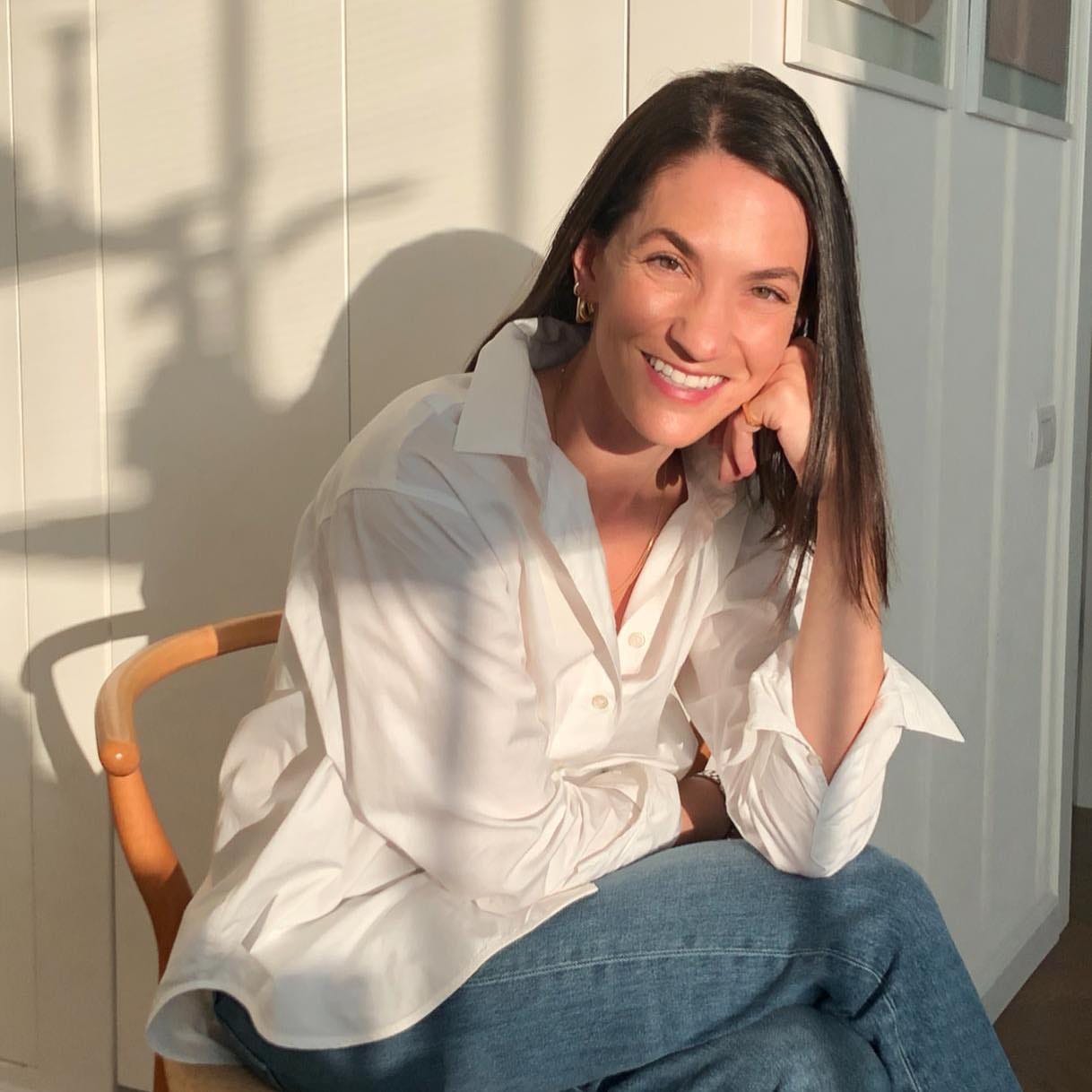This Wednesday, late afternoon, thousands of Israelis will take part in a ceremony that’s almost unheard of outside of Israel. It’s called a tekes ma’avar, a “ceremony of transition,” and comes in the waning hours of Yom HaZikaron (Memorial Day for Fallen Soldiers — Tuesday night/Wednesday), just before Yom HaAtzma’ut (Independence Day — Wednesday night/Thursday).
The ceremony was born of the emotionally impossible shift between the horror of Memorial Day and the unbridled celebration of Independence Day. Memorial Day in Israel is nothing like Memorial Day in any other country of which I’m aware. First, I doubt that there’s any other country that observes its Memorial Day immediately prior to the beginning of Independence Day. And second, Memorial Day in Israel is a universally agonizing day, in a way that it is (thankfully) not for most Americans or citizens of any other country, I suspect.
I still remember one of our first years in Israel. I was at a work meeting, and a group of us were looking at our calendars trying to find a time when we could all continue the meeting. Yom HaZikaron showed up on my calendar as an empty day. Of course, I knew the offices were technically closed, but maybe everyone would still be willing to come in? I suggested that. The group was silent, and everyone shifted uncomfortably.
Finally, one woman glared at me and said, “You didn’t grow up here. You didn’t serve in the military here. Do you not understand that you’re the only person in this group who doesn’t have a list of cemeteries to visit that day?”
That was the moment that I realized that no matter how long we lived here, we’d never (I prayed) be fully Israeli.
How does one move from the agony of Yom HaZikaron to the joy of Yom HaAtzma’ut, from a day in which everyone is tear-rinsed, when the songs on the radio are a virtual liturgy of mourning, when TV is nothing but an endless string of horrifying stories of loss, when one of Israel’s television channels does nothing but show the names of the 24,068 women and men who have fallen (a list that grew by 140 over this past year)—to celebration?
In Israel’s early years, people were expected simply to bear the burden of that emotional shift. And they did. They went from cemeteries to parties, from weeping at gravestones to displays of fireworks, from anguished family reunions to neighborhood barbecues. With time, though, younger Israelis began to ask for a way to ease the transition, and the tekes ma’avar, typically with music and poetry that slowly makes the transition from agony to joy, became increasingly ubiquitous.
Those “transition ceremonies” don’t exist outside Israel; even Yom HaZikaron is almost impossible to observe. In the spirit of trying to evoke some of the impossibility of that transition, today’s posting is a conversation we just had with Maytal Itkis, who tells the story of the inordinate price her family—like many other families—has paid for the independence we might too easily take for granted. She speaks about her two brothers, one in the navy and the other in the air force, who are but two of the many thousands of Israelis who will be mourned this week.
Just before Israel was founded, Natan Alterman, then the leading poet of pre-state Jewish life, wrote a poem called “The Silver Platter.” It’s a classic by now, based on the pithy comment of Chaim Weizmann (who would later become Israel’s founding President) that “a people does not get a state on a silver platter.” In Alterman’s poem, a young boy and girl approach the nation, and just before they collapse, tell the people, “We are the silver platter on which the state is being given to you.”
Tragically, there are many such silver platters. Maytal Itkis’ family is but one of them, but each of those many stories is, to me at least, sacred. I hope her recollections move you as much as they touched me.
On Wednesday, we’ll post something for the other half of the “transition ceremony,” celebrating Israel’s being but one year shy of its 75th anniversary.
Our twitter feed is here; feel free to join there, too.



















"The state will not come on a silver platter"